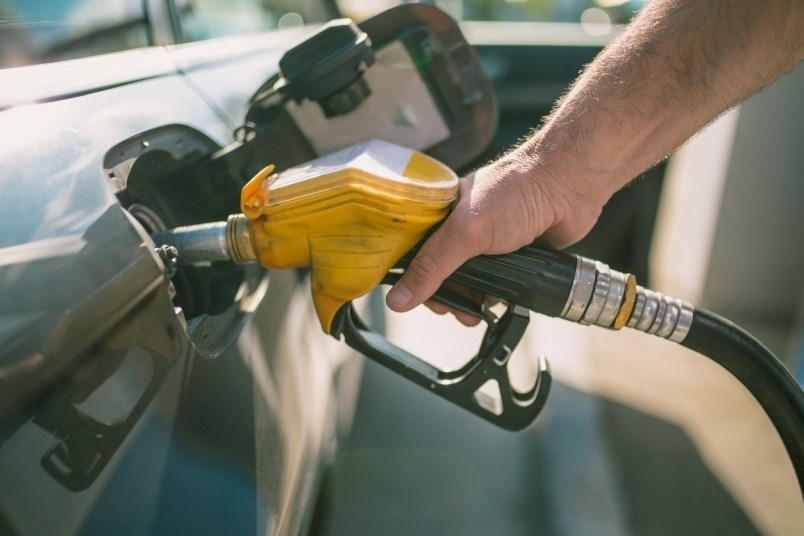Tri-City municipalities and their large taxpayer-funded vehicle fleets are feeling the strain of rising Lower Mainland gas prices.
While most cities have supply agreements that enable them to purchase fuel at a lower price than what the average motorist pays at the pump, the recent spike could blow projected cost estimates for 2019.
"All things being equal, based on how we are currently trending, we are expecting to be over budget in this area," said Farouk Zaba, Port Coquitlam's manager of financial planning and systems.
PoCo's 2019 budget projected fuel costs would rise 2.2% over the 2018 average. Even after allocating $464,000 for its 138-vehicle fleet — $53,000 higher than last year — Zaba said the city may still come up short.
While there are no specific contingency dollars set aside for higher-than-anticipated pump prices, he added that "the city has the ability to re-allocate funds from one program to another as may be required."

Coquitlam is feeling a similar pinch.
Brad Lofgren, the director of public works, said the city has made strides in reducing its consumption, mainly through the purchase of electric vehicles and by using its existing fleet more efficiently.
Still, the effort has only slowed down overall cost increases.
For example, in 2016 Coquitlam spent $800,000 in fuel, a figure that jumped to $1 million in 2018, despite the fact the city used 30,000 less litres.
The change "demonstrates the increased cost of fuel in just two years time," Lofgren said.
While it is too early in the year to get a good estimate of what the city will spend on its fleet in 2019, "I think it's likely safe to say that our costs will be higher than last year," he added.
The pump pain is not just being felt by municipalities.
A Metro Vancouver spokesperson said that if fuel prices remain at $1.68 per litre for the year, the organization will pay an additional $200,000 in 2019 fuel costs.
Meanwhile, TransLink has so far managed to stay within its projected budget.
According to Jill Drews, senior issues management advisor for Translink, the transit authority forecasted an average gasoline price of $1.59 per litre and a diesel price of $1.50 for 2019.
"So far this year, prices have been below that average," she said in an email.

Pump prices hit record levels last week, with some Vancouver-area stations breaking the $1.70 mark.
The rising cost of gasoline in the Lower Mainland is largely due to refinery outages in the U.S. shortening supply on the west coast, according to Dan McTeague, a senior petroleum analyst with GasBuddy.com.
"Vancouver is unique in that it doesn't have enough gasoline to provide its own needs," he said on the phone from his Toronto office. "We rely on the Americans… When there is a problem south of the border, there is an even bigger problem for us."
McTeague expects prices will remain high for the foreseeable future even if some of the suppliers are able to come back on line in the next few months. However, he does not expect pump prices to return to where they were in November and December any time soon.
"We are up 35 to 40 cents since the beginning of the year," he said. "That is obviously going to have an impact on everyone's budget and it is not likely that these prices are going to vanish anytime soon."
@gmckennaTC



